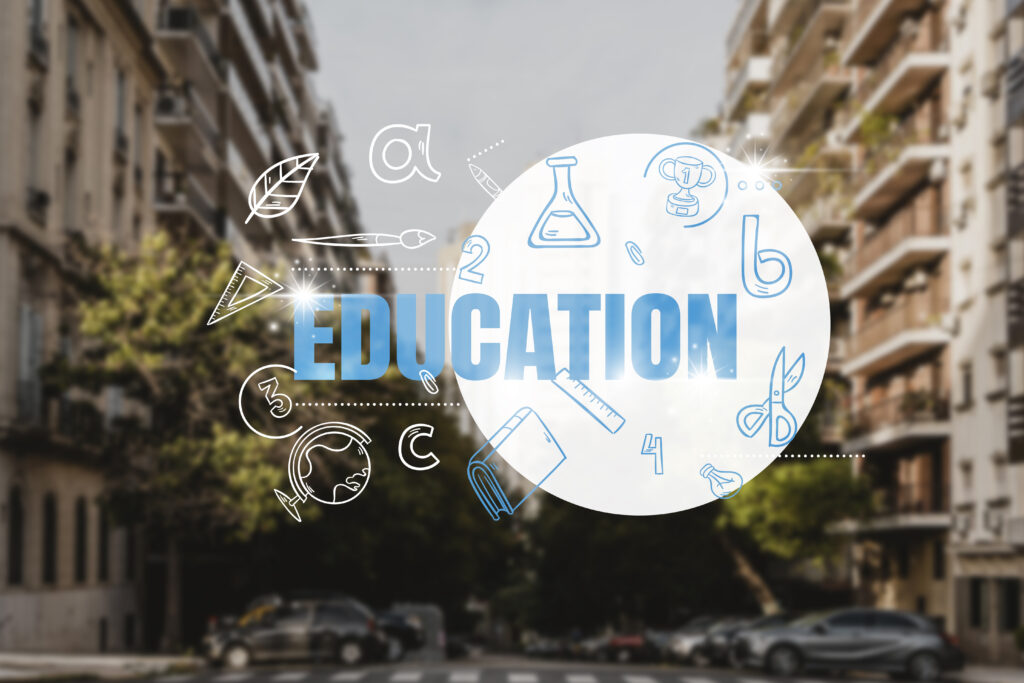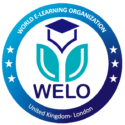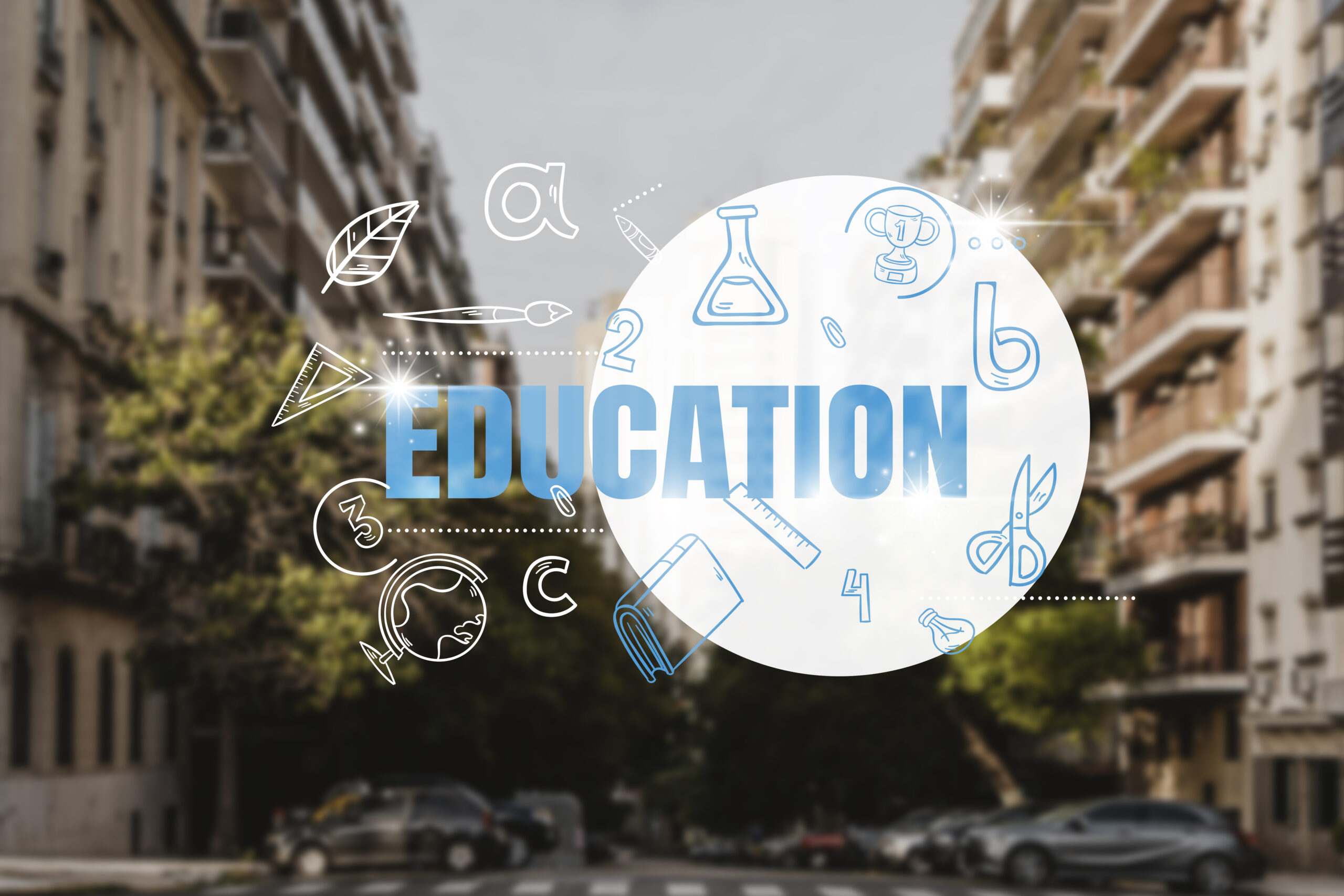
Definition of OER:
Open Educational Resources (OER) refer to freely accessible, openly licensed educational materials that can be used, modified, and shared by educators and learners worldwide. These resources include textbooks, multimedia content, and interactive tools.
Cost Savings for Learners:
OER eliminates the financial barriers associated with traditional textbooks and learning materials. Students can access quality educational resources for free or at significantly reduced costs, promoting affordability and accessibility in education.
Global Accessibility:
OER promotes global access to education by providing free and openly available learning materials. This accessibility is especially beneficial for learners in developing countries who may face financial constraints in accessing traditional educational resources.
Customization and Adaptability:
Educators can customize and adapt OER to suit their specific teaching objectives and the diverse needs of their students. This flexibility allows for a more personalized and tailored learning experience.
Collaborative Knowledge Creation:
OER encourages collaborative knowledge creation and sharing. Educators and learners can contribute to the improvement and evolution of educational resources, fostering a sense of community-driven knowledge development.
Open Licensing Models:
OER utilizes open licensing models such as Creative Commons licenses, which allow creators to specify the permissions for using, modifying, and sharing their content. These licenses ensure a legal framework for open collaboration and sharing.
Diversity of Formats:
OER encompasses a wide range of formats, including text, audio, video, and interactive simulations. This diversity accommodates different learning styles and preferences, making education more inclusive.
Integration with Learning Management Systems (LMS):
OER can be seamlessly integrated into Learning Management Systems, making it convenient for educators to incorporate open content into their courses. This integration enhances the overall learning experience for students.
Quality Assurance and Peer Review:
OER initiatives often involve quality assurance mechanisms and peer review processes. This ensures that the educational resources meet certain standards and are academically sound, enhancing the credibility of OER materials.
Institutional Adoption and Policies:
Some educational institutions adopt OER as part of their official policies, encouraging faculty to use and contribute to open educational resources. This institutional support contributes to the sustainability and growth of the OER movement.

